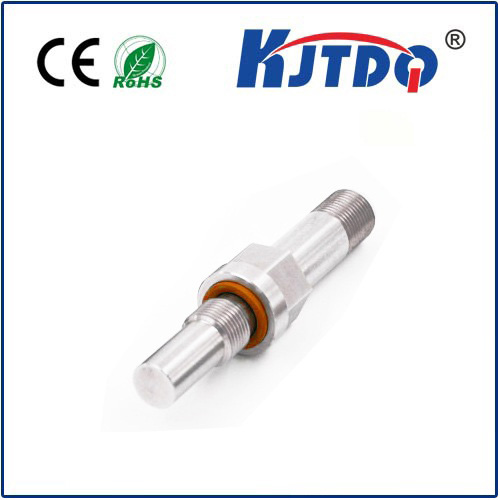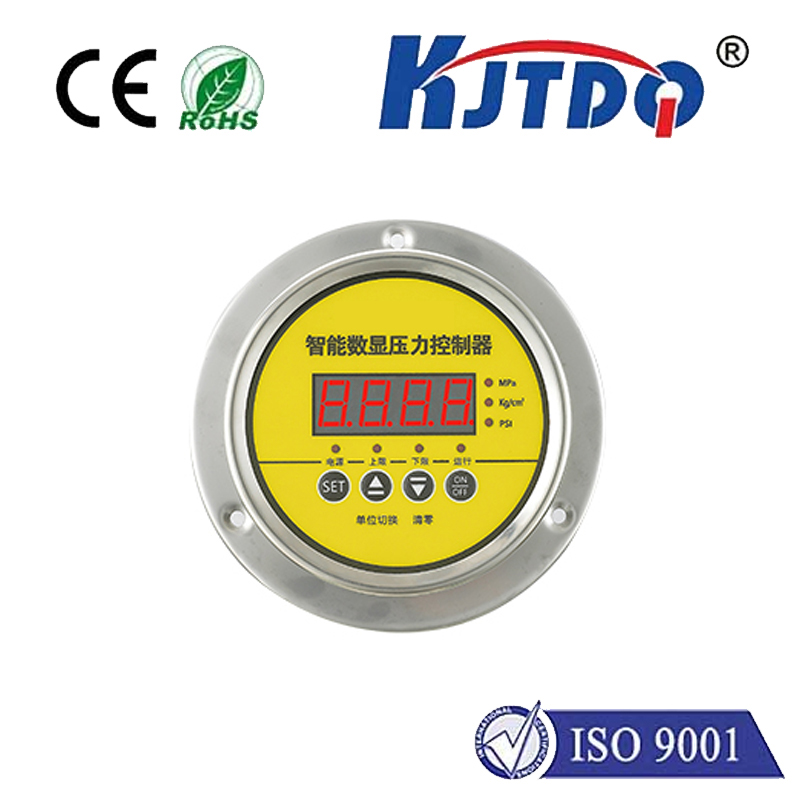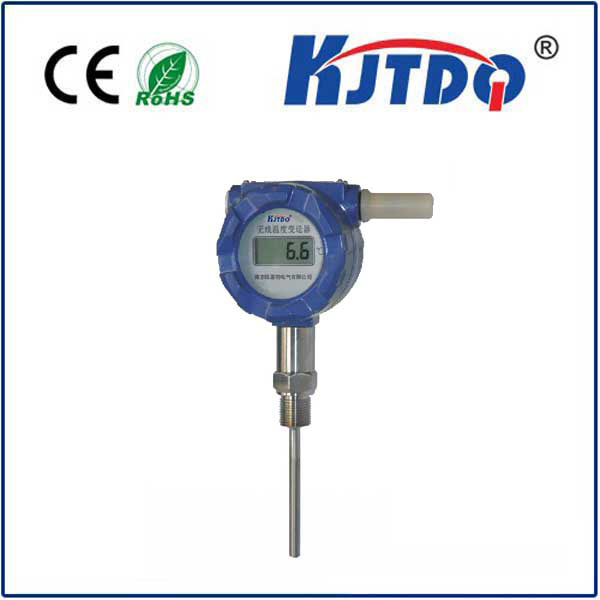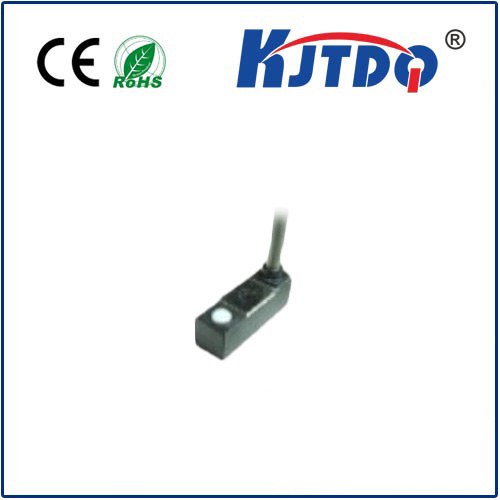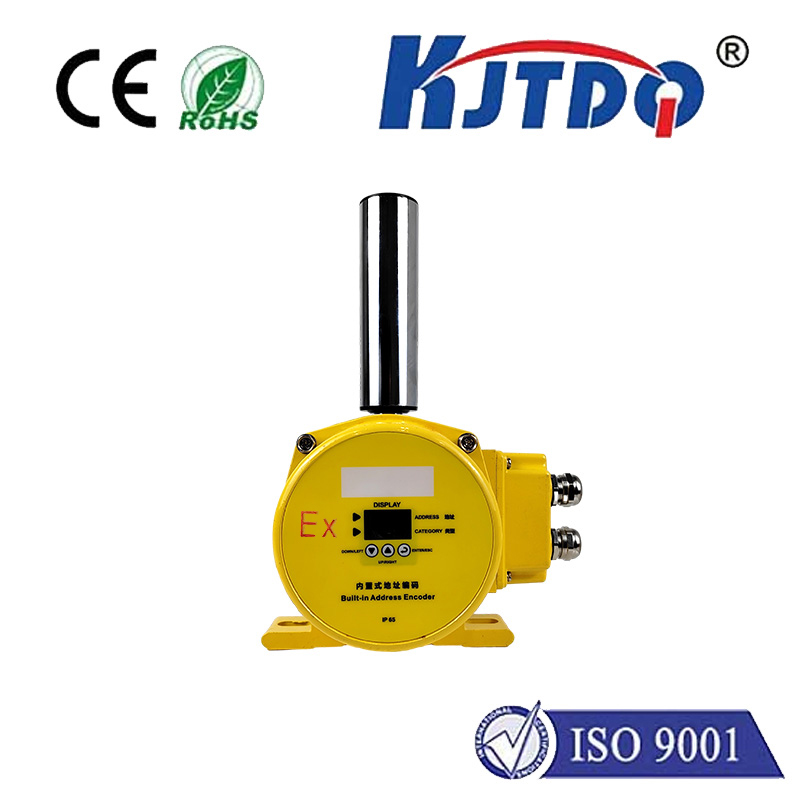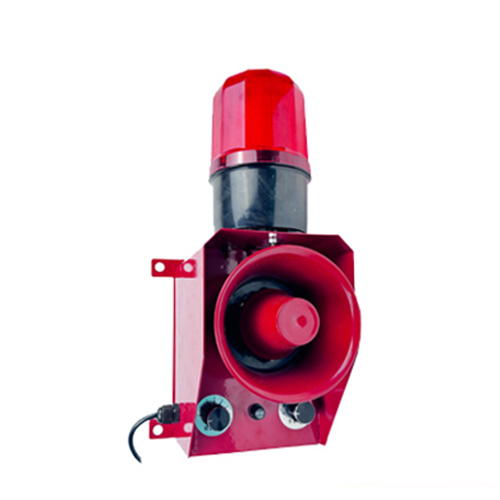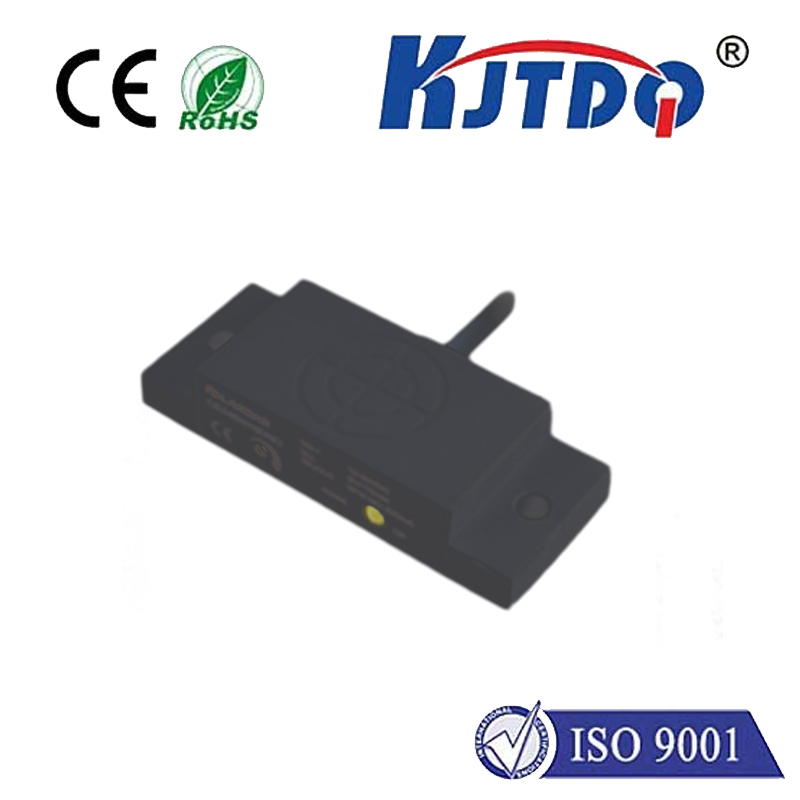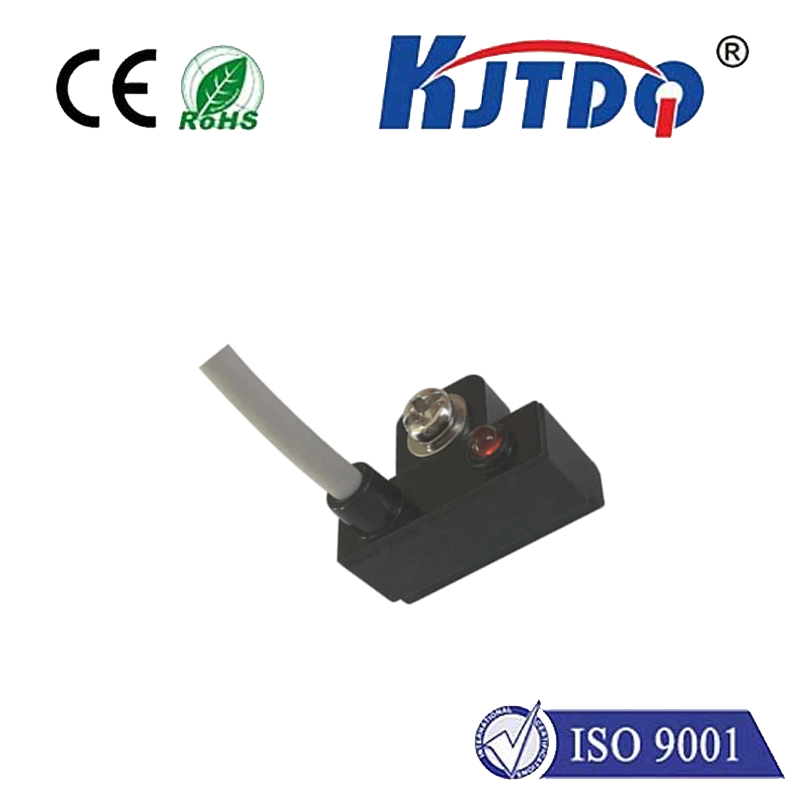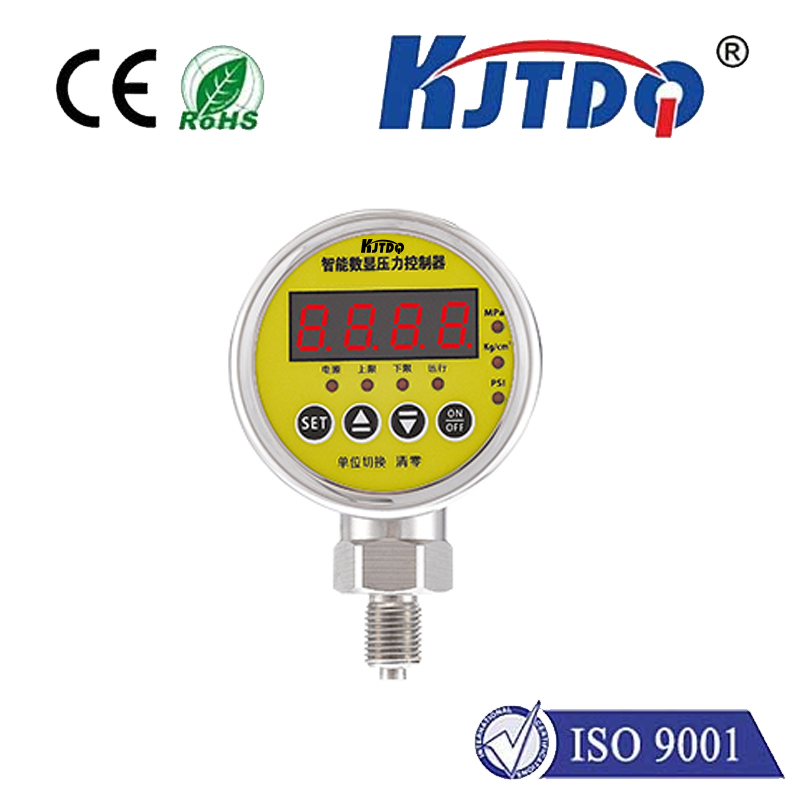
Проверка

Проверка
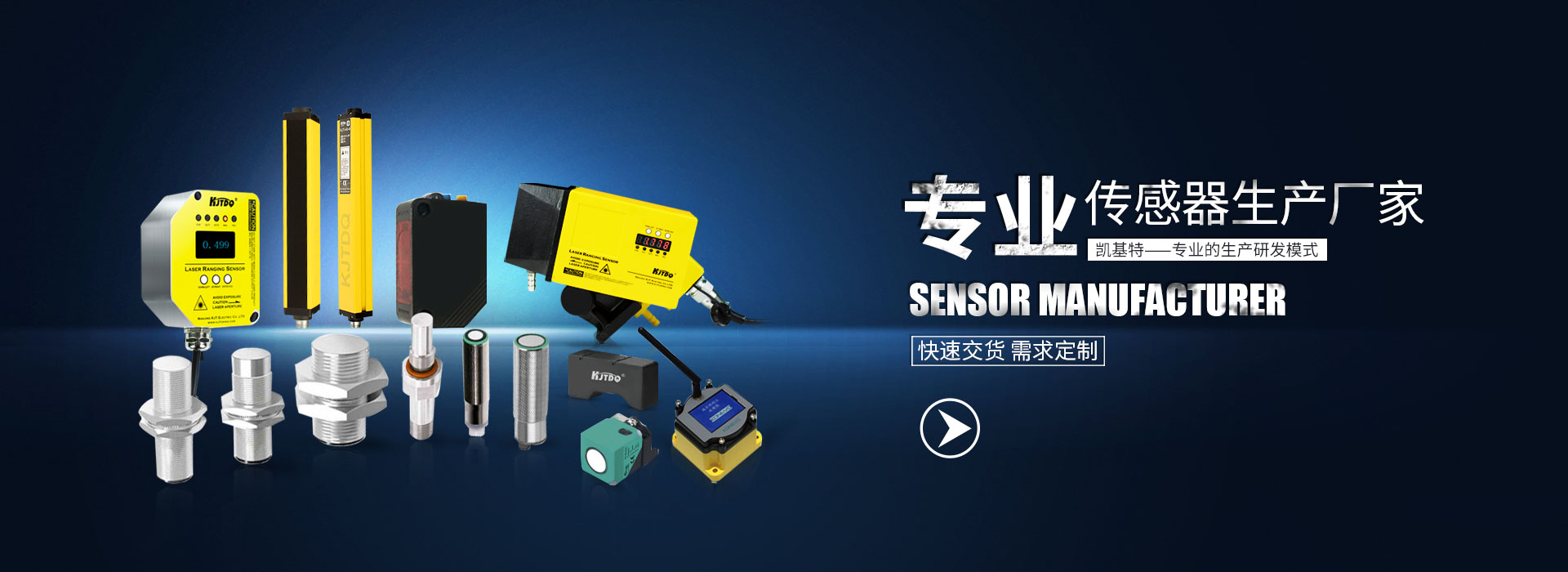
Проверка

Проверка

Проверка

Проверка

Long Range Capacitive Proximity Sensor: The Future of Proximity Sensing In the ever-evolving world of technology, the demand for advanced and efficient proximity sensors has become more prevalent than ever before. One such innovation that has gained significant attention in recent years is the long range capacitive proximity sensor. This cutting-edge technology offers a range of benefits over traditional proximity sensors, making it an ideal choice for a wide range of applications. In this article, we will explore the various aspects of long range capacitive proximity sensors and how they are poised to revolutionize the world of proximity sensing. What is a Long Range Capacitive Proximity Sensor? A long range capacitive proximity sensor is a type of proximity sensor that utilizes the principles of capacitance to detect the presence of objects within its detection range. Unlike other types of proximity sensors, which rely on magnetic fields or infrared radiation, capacitive proximity sensors operate by measuring the change in capacitance between two conductive plates. When an object enters the detection range of the sensor, it alters the electromagnetic field between the plates, causing a change in capacitance. This change is then converted into an electrical signal, which can be used to trigger an output action. Advantages of Long Range Capacitive Proximity Sensors One of the primary advantages of long range capacitive proximity sensors is their ability to detect objects at greater distances compared to traditional proximity sensors. This increased detection range allows for more accurate and reliable detection of objects in various environments, such as industrial settings, automotive applications, and robotics. Additionally, capacitive proximity sensors are less susceptible to environmental interference, such as temperature changes and electromagnetic noise, making them ideal for use in harsh or challenging conditions. Another advantage of long range capacitive proximity sensors is their versatility. These sensors can be configured to detect a wide range of materials, including metals, plastics, liquids, and even human skin. This makes them suitable for use in a variety of applications, from industrial automation and process control to security systems and medical devices. Applications of Long Range Capacitive Proximity Sensors The potential applications for long range capacitive proximity sensors are vast and varied. In the automotive industry, these sensors can be used for tasks such as parking assistance, collision avoidance, and gesture recognition. In the healthcare sector, they can be utilized in patient monitoring systems, drug delivery devices, and surgical instruments. Additionally, long range capacitive proximity sensors can be employed in security systems, smart home devices, and robotics to enhance safety, convenience, and functionality. Conclusion The development of long range capacitive proximity sensors represents a significant advancement in the field of proximity sensing technology. With their increased detection range, improved accuracy and reliability, and versatile application possibilities, these sensors are poised to revolutionize the way we interact with our environment. As technology continues to evolve, it is likely that we will see even more innovative uses for long range capacitive proximity sensors in the years to come.
